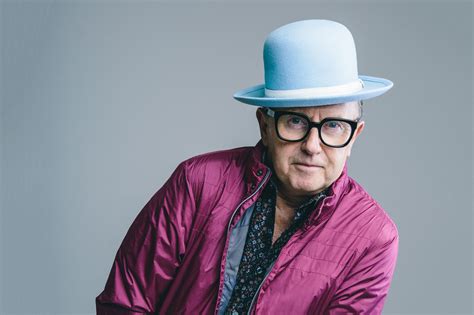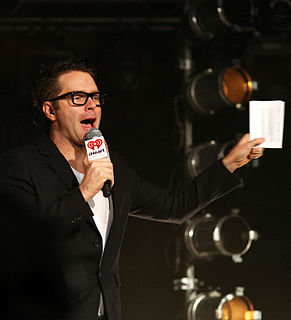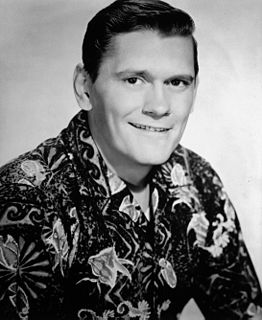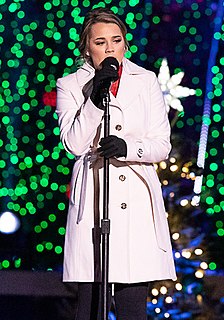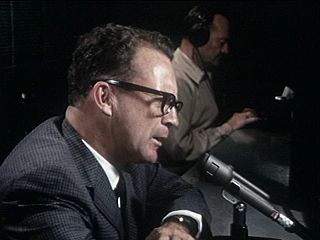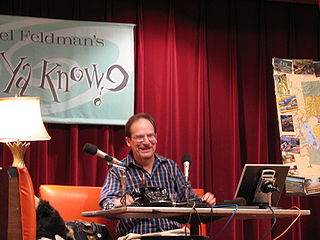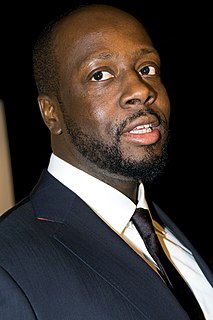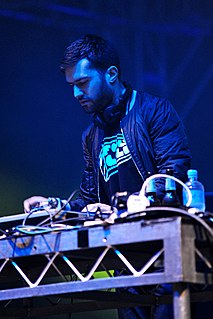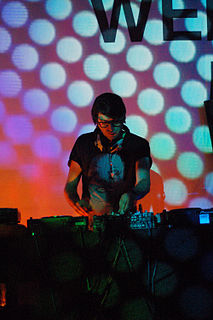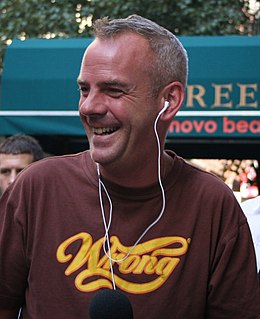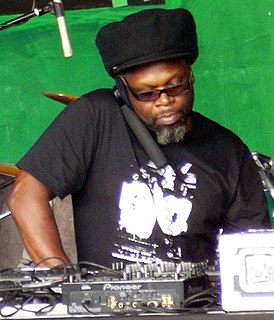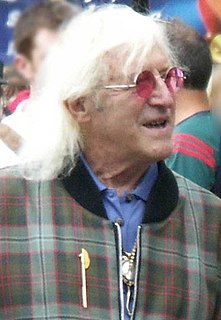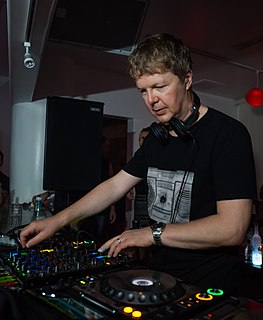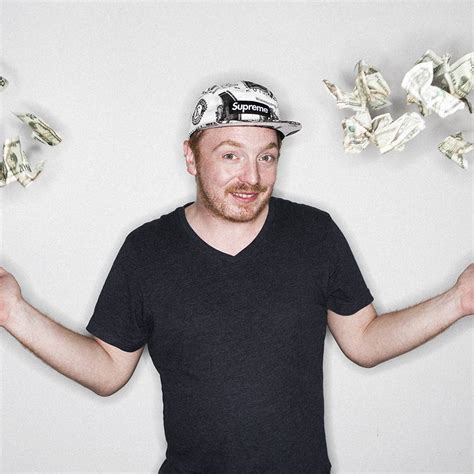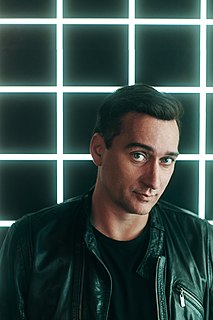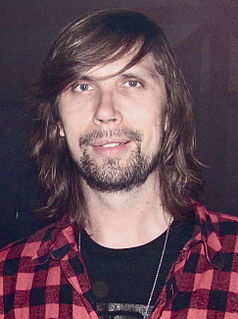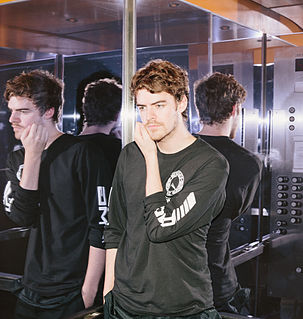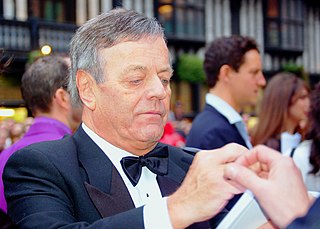A Quote by David Rodigan
Radio has always been pictures of the mind; for me, the essence of radio has always been voices that talk to me and don't patronise me.
Related Quotes
My father being a Caribbean minister, one day I stole the radio. The radio that I stole, I took it to school, showing off how big this boom box was and how bad I was at the time. Once my father figured out where I left the radio, he then got his belt and he walked me, he beat me all the way to where I had hid the radio, and with the boom box.
I wrote 'Turn Your Radio On' in 1937, and it was published in 1938. At this time radio was relatively new to the rural people, especially gospel music programs. I had become alert to the necessity of creating song titles, themes, and plots, and frequently people would call me and say, 'Turn your radio on, Albert, they're singing one of your songs on such-and-such a station.' It finally dawned on me to use their quote, 'Turn your radio on,' as a theme for a religious originated song, and this was the beginning of 'Turn Your Radio On' as we know it.
